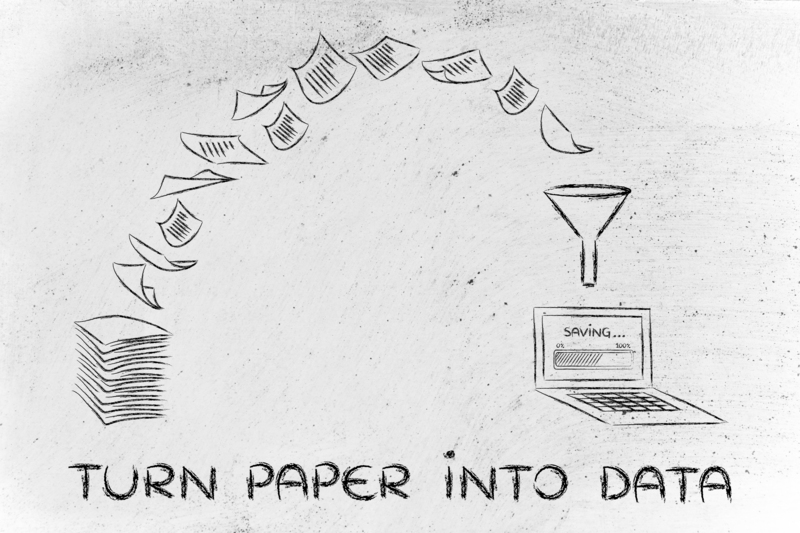Reducing Your Plastic Footprint
Posted on 19/09/2025
Introduction: Understanding the Plastic Crisis
The pervasive use of plastic in our daily lives has led to an environmental crisis. Each year, millions of tons of plastic waste end up in landfills, oceans, and other natural environments, causing severe harm to wildlife and ecosystems. Reducing your plastic footprint is crucial not only for the planet but also for future generations. This article provides comprehensive insights, tips, and actionable steps to help you minimize your plastic usage effectively.

Why Reducing Your Plastic Footprint Matters
Plastic pollution is one of the most pressing environmental issues today. Plastics take hundreds, if not thousands, of years to decompose, thus polluting our environment for generations. Here are a few reasons why it's essential to reduce your plastic footprint:
1. **Environmental Protection**: Reducing plastic use helps protect marine life, reduces greenhouse gas emissions from plastic production, and prevents the contamination of soil and water resources.
2. **Health Benefits**: Microplastics have been found in drinking water and food supplies. Reducing plastic can lower your exposure to potential toxins.
3. **Economic Savings**: By reducing reliance on single-use plastics, you can save money in the long run by opting for reusable items.
Actionable Tips to Reduce Your Plastic Footprint
1. **Use Reusable Bags**: Switch from single-use plastic bags to reusable cloth or canvas bags. Keep one in your car or bag to ensure you're always prepared for an impromptu shopping trip.
2. **Opt for Reusable Bottles and Cups**: Invest in a high-quality reusable water bottle and coffee cup. This simple switch can significantly cut down on the amount of single-use plastic you use daily.
3. **Avoid Plastic Packaging**: Wherever possible, choose products with minimal or no plastic packaging. Buy in bulk, bring your own containers to stores, and support brands committed to sustainable packaging.
4. **Ditch Disposable Cutlery**: Carry a set of reusable cutlery made from materials like bamboo or stainless steel. This way, you can avoid using plastic utensils when eating out or ordering takeout.
5. **Support Eco-Friendly Brands**: Purchase from companies that prioritize sustainability and use eco-friendly packaging. Research brands before buying to ensure they align with your values.
Simple Changes to Your Daily Routine
1. **Say No to Straws**: Unless necessary for medical reasons, skip plastic straws. If you need a straw, use one made from metal, bamboo, or other eco-friendly materials.
2. **Buy Second-Hand Items**: Buying second-hand reduces demand for new plastic products. Thrift stores and online marketplaces offer a wide variety of pre-owned goods.
3. **Make Your Own Cleaning Products**: Store-bought cleaning products often come in plastic containers. Making your own solutions using natural ingredients can reduce plastic waste and exposure to harmful chemicals.
4. **Compost**: Composting organic waste reduces the need for plastic trash bags and keeps biodegradable material out of landfills.
Pros and Cons of Reducing Plastic Use
**Pros:**
1. **Environmental Preservation**: Reduces pollution and conserves natural resources.
2. **Health Benefits**: Lowers exposure to harmful chemicals in plastics.
3. **Cost Savings**: Long-term financial savings with the use of reusable products.
4. **Sustainable Lifestyle**: Promotes mindful consumption and waste reduction.
**Cons:**
1. **Initial Investment**: Some reusable items can be costly upfront.
2. **Convenience Factor**: Changing habits requires effort and may not always be as convenient.
3. **Limited Availability**: Sustainable options may not be readily available everywhere.

Takeaways
- Reducing your plastic footprint is essential for environmental and personal health.
- Make small, consistent changes like using reusable bags, bottles, and cutlery.
- Support sustainable brands and opt for products with minimal to no plastic packaging.
- Be aware of the pros and cons to better incorporate sustainable practices into your routine.
Conclusion
Reducing your plastic footprint requires a concerted effort, but the benefits far outweigh the challenges. By making informed choices and fostering sustainable habits, you can make a significant positive impact on the environment. While the transition may require some adjustments, the long-term benefits for both nature and humanity are invaluable. Embrace a plastic-free lifestyle and contribute to a healthier planet for future generations.
Latest Posts
Cutting Down Waste in the Workplace


 office@benandjerry.org.uk
office@benandjerry.org.uk https://benandjerry.org.uk/
https://benandjerry.org.uk/

